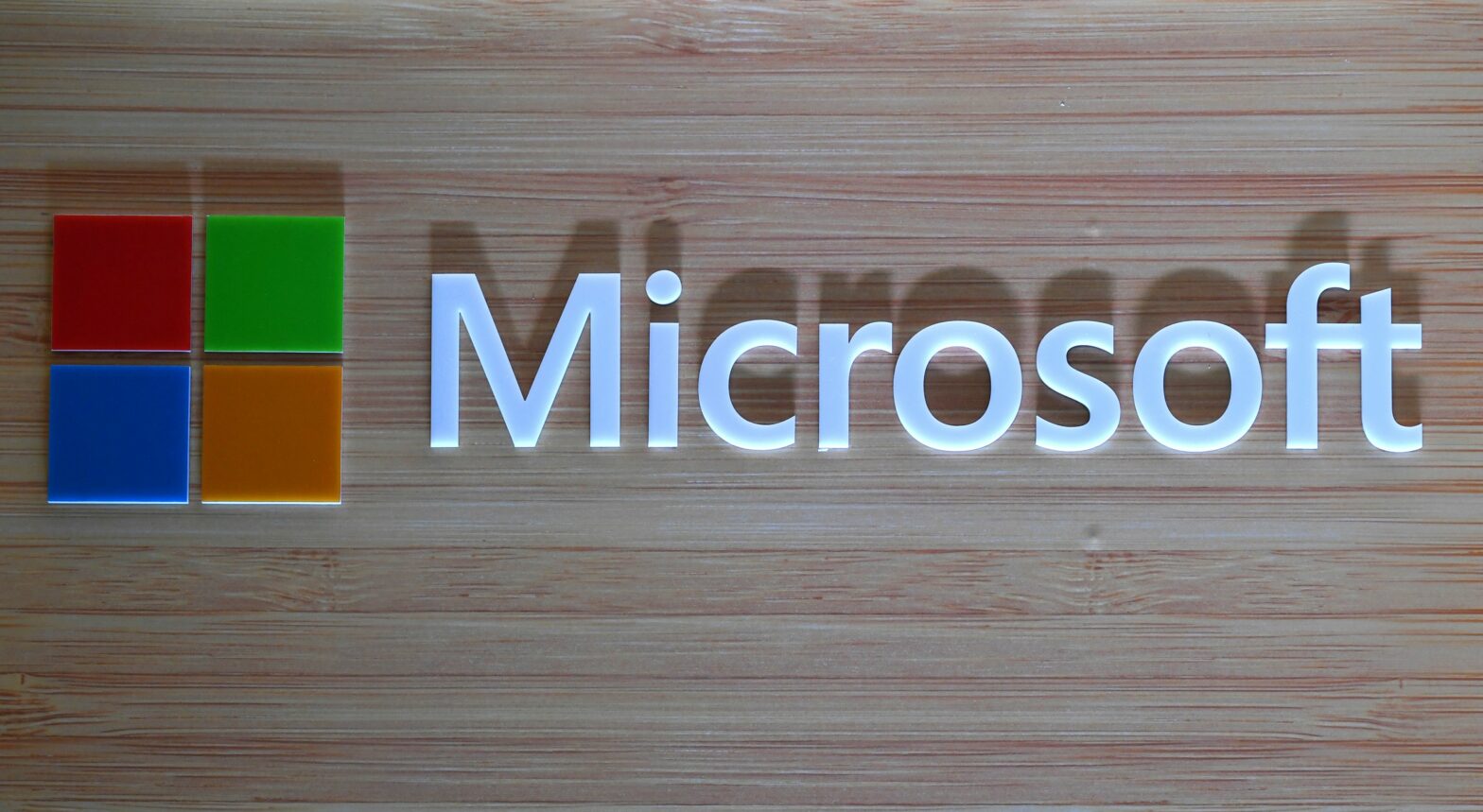Peter Calveley is not used to making headlines: his work as a motion capture performer on the hugely successful Lord of the Rings films was not credited; his interest in Chinese opera has yet to win him international fame; he is far from unique in having experienced delays in receiving goods ordered online. But it is Calveley’s reaction to those delays that may yet see him earn a modicum of fame: he could be about to overturn one of the most infamous patent decisions of the information age.
Back in 1999, online trailblazer Amazon.com scored a momentous victory in its case against rival bookseller Barnes & Noble, when a judge ruled that the patented business process that sat behind Amazon’s 1-Click payment method had been infringed.
The ruling harked back to a 1998 case between two financial services companies, State Street Bank & Trust and Signature Financial Group, in which the precedent was set that business processes, rather than simply inventions, could be patented.
These rulings have helped create a cleft between patent laws on either side of the Atlantic. European laws still dictate that business processes cannot be patented. Indeed, Calveley’s challenge – noteworthy though it is – is hardly an attempt to undermine the principle: he is, in fact, arguing that Amazon’s patent is invalid because similar processes had been previously granted patents.
However, there is now growing momentum for a review of patent laws both in the US and in Europe as legislators attempt to strike a sensible balance between protecting technological innovation and discourage so-called ‘patent trolls’ – shell companies that wait until some other organisation produces an invention for which they can claim to own the patent.
Because of its willingness to allow business processes to be patented, the US has been viewed by many multinational corporations as an ideal territory in which to register process ownership. It has other advantages too: the US is a single, high-value, Anglophone economy, 250 million people can be covered without the expensive translation costs which affect European patents.
Furthermore, says Matt Dixon, a patent attorney from law firm IP21, while territories such as the UK award damages based on the loss of position in the market, in the US companies can also win much larger punitive damages. “It’s worth being a patent troll in the US,” he says.
Indeed, it is the existence of such trolls that has stimulated calls for an overhaul of the US approach. High profile cases involving online giant eBay and BlackBerry-maker Research in Motion have been described by Robert Holleyman, president of the technology lobby group the Business Software Alliance (BSA), as “a clear victory for innovation and consumers” and a “defeat for patent trolls and others who are abusing the legal system.”
Europe treads a different path. Within the European Community countries, software can only be patented on the condition that it incorporates a “technical innovation.” While this has deterred the sharks, the need to register the patent in individual countries – and in their native languages – makes the process prohibitively expensive for individuals and small companies. Now though, European patent attorneys are pushing for the establishment of a pan-European body to oversee patent disputes.
Any such patent regulation body would make it cheaper and more efficient for companies wanting to file patents valid across Europe. But it would almost certainly meet with political resistance: A proposal to reduce translation costs, the London Agreement, was drawn up in 2000, but many national governments, including the French, have yet to ratify the agreement.
The likelihood of European and US regulators agreeing a common patent policy are even smaller. So whatever the outcome of the upheaval currently underway, patents are likely to remain a litigious area for all concerned – including Lord of the Rings technicians.






